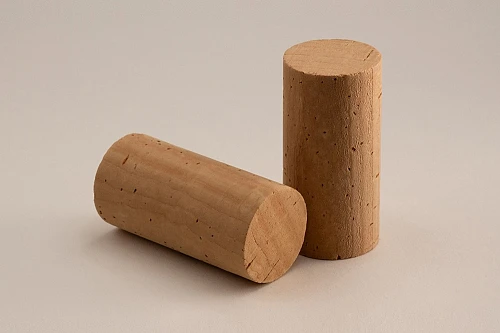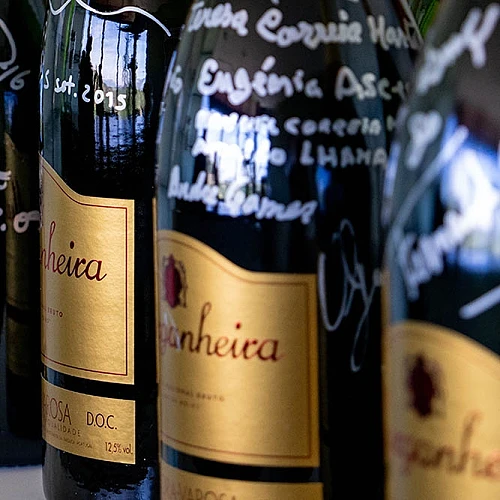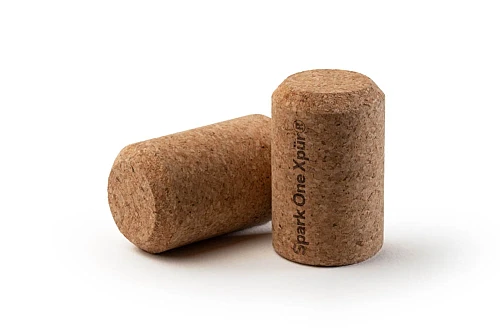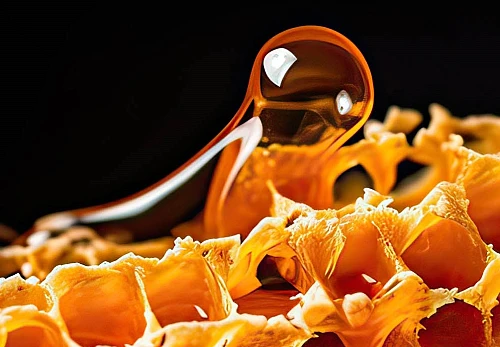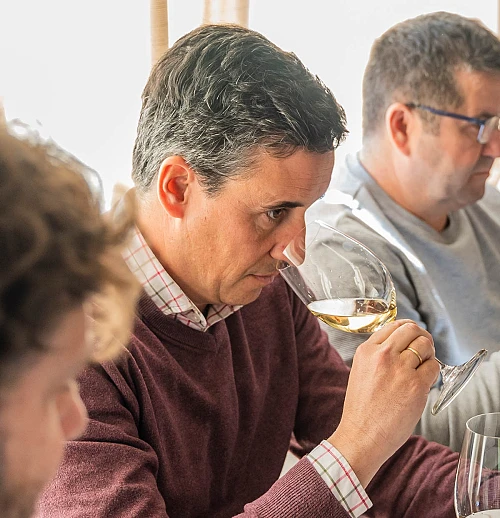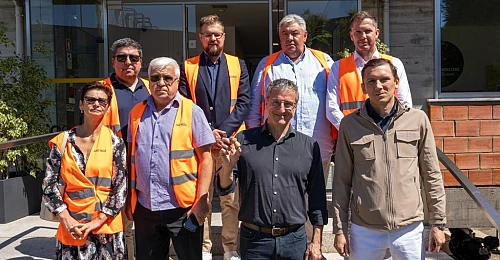- Media Center
- News
News Media Center
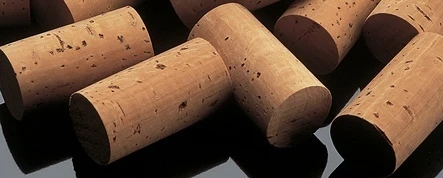
Brazil: Cork Stoppers mean quality wines
Consumers believe that cork best preserves the natural properties of wines. They are willing to pay between R$ 13.00 (€4.05) and R$ 15.00 (€4.67) more for a wine sealed with a natural cork stopper Brazilian consumers consider that the type of stopper used in a wine bottle is an indicator of its quality, according to the latest study commissioned by APCOR – the Portuguese Cork Association, conducted by Ibope / Conecta in the Brazilian market. Cork is considered to be a premium raw material that adds value to wine.
According to the study, consumers are willing to pay between R$ 13.00 (€4.05) and R$ 15.00 (€4.67) more for a wine sealed with a natural cork stopper. This is a clear sign of the valorisation of a wine associated to a cork stopper, in comparison with wines sealed with other types of stoppers – such as plastic stoppers or aluminium screwcaps. This perception also extends to younger age groups. In this context, 80% of respondents associate natural cork stoppers to the upper tier of wines and consider that cork is the solution which best preserves the natural properties of wines. This factor is also directly linked to respondents’ social class. For example respondents from the social class A also identify opening a bottle sealed with a cork stopper as a moment of unique charm – provided by the characteristic “popping” sound that is one of the most recognizable sounds in the world. 50% of respondents also value cork’s sustainable credentials, the only option that constitutes a natural, clean and renewable stopper.
- USA 94% of consumers prefer natural cork stoppers (Tragon Corp.)
- Italy 85% of consumers consider that cork is the best stopper to ensure the quality of wine (AstraRicerche)
- France 89% of wine drinkers prefer cork stoppers and 89.8% state that cork stoppers preserve all the wine’s aromas (Ipsos)
- China 85% of consumers believe that wines sealed with cork are higher quality (CTR Market Research)
- Spain 92% of consumers prefer cork stoppers (Cork Project)
